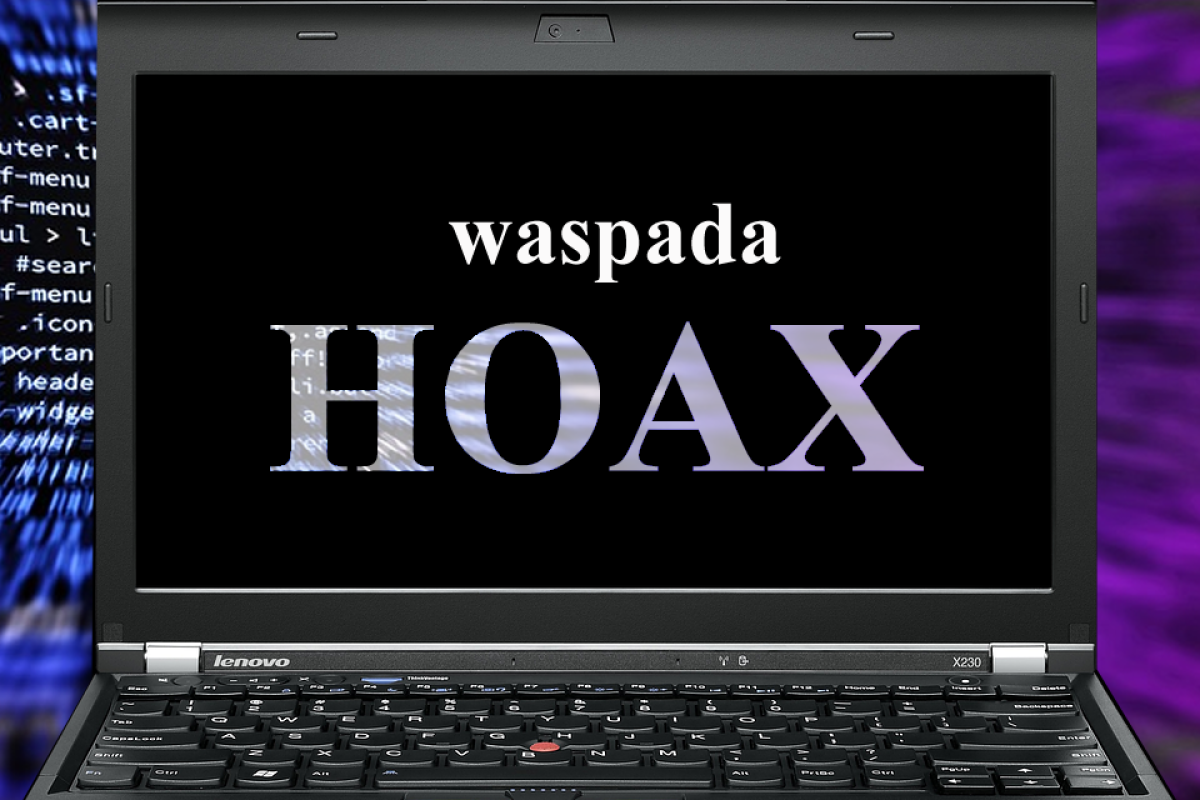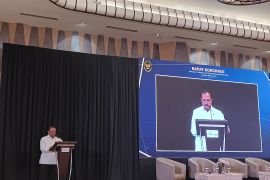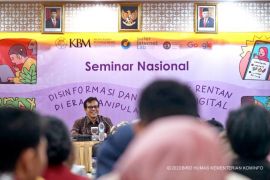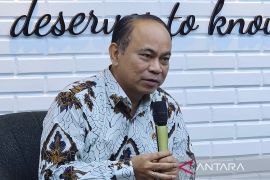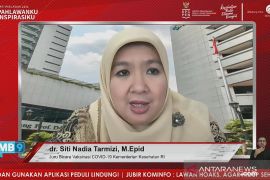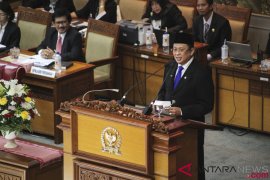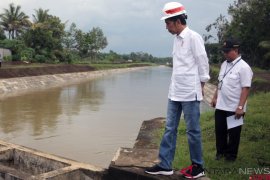“Efforts to counter hoaxes pertaining to COVID-19 must be balanced with better public understanding. This requires preventive efforts from the community by not producing and not spreading hoaxes anymore," the minister stated here on Tuesday.
The ministry has conducted routine cyber patrols in Indonesia's digital space to track and stop the spread of hoax information amid members of the public, including hoaxes on COVID-19.
Additionally, they have provided a special channel at the kominfo.go.id website for the public to see debunked misinformation, and they also hold weekly press conferences on the Kemkominfo TV YouTube channel to dispel COVID-19-related hoaxes.
However, if misleading content is still produced, then cyber patrols to end the distribution of hoaxes will certainly not be effective to prevent their impact on society in the long term.
Related news: Hoaxes still hampering COVID-19 vaccinations in remote areas: official
"If we are pushed to continue to erase hoaxes, yet the people keep spreading them, then of course, it will not end (the spread). Hence, regarding COVID-19 (whether it is about) handling, vaccination, and community activities restriction, we urge (people) to stop (spreading) hoaxes, so that we are better at handling this COVID-19 pandemic,” he remarked.
Facebook is still the most dominant means of spreading hoax information followed by other social media platforms, such as Instagram, Twitter, and TikTok.
In order to avoid hoaxes, the public is urged to check similar information first on the search engines available on their respective devices.
If no similar information is found, then it is better to desist from spreading the information.
By doing so, everyone has also contributed to halting the spread of hoaxes in the digital space and helping accelerate Indonesia's recovery from the COVID-19 pandemic.
Related news: Greater vaccination coverage can prevent COVID-19 third wave: expert
Translator: Livia Kristianti, Mecca Yumna
Editor: Rahmad Nasution
Copyright © ANTARA 2021
